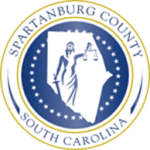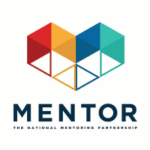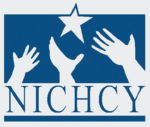Juvenile Justice and Reform
Information about the juvenile arbitration program in South Carolina. In the program a first time juvenile offenders or family member may choose to have a case heard before a volunteer arbitrator who determines sanctions as well as provides information to the family about available resources.
Comprehensive site containing information and resources on teen and family issues to support families with troubled and at-risk teens. Topics include, abuse, anger, gangs, eating disorders, school violence, and many other topic areas.
SER is a national, private, non-profit organization that addresses the needs of economically challenged individuals in education, job skills training, literacy, and employment.
MENTOR helps children by providing a public voice, developing and delivering resources to mentoring programs nationwide and by promoting quality for mentoring through standards, cutting-edge research and state of the art tools.
Publishes resources for a variety of youth and teen courts, helps organizations start new youth courts, and trains courts to develop their established youth or teen program. Also provides a searchable youth court directory.
The National Center for Youth Opportunity and Justice (NCYOJ) aims to improve life opportunities for youth through systems and practice improvement initiatives. Since 2001, we have translated research into policy and practice effectuating change that produces more efficient and effective systems, generates better outcomes for vulnerable young people, and maintains safety for youth and their families, youth-serving professionals, and communities as a whole.
The NCPC provides tools that communities can use to learn crime prevention strategies, engage community members, and coordinate with local agencies to help keep themselves and their community safe from crime.
An independent non-partisan, non-profit affiliate of the National Council of Juvenile and Family Court Judges established to provide consultation, technical assistance and trainings to juvenile and family court judicial officers and other professionals working with high risk children and their families.
The Ohio Juvenile Diversion Association (OJDA) is a nonprofit professional organization which promotes prevention and treatment options for juveniles and their families. Members provide informal/unofficial services that reduce the risk of future official/formal involvement with the juvenile justice system.
This detailed handbook is the second edition from the Center Of Juvenile Justice Reform at Georgetown University. The fifty-page handbook breaks down the issues from multisystem perspectives, and provides evidence-based research and recent legal policy reforms to shed light on how to improve education for children of all needs.
This website includes multiple resources on educating educators and parents on reforms, and provides links to expert organizations that have an expertise in educational reform for youth in the juvenile justice system.
This PDF from The National Technical Assistance Center for The Education of Neglected & Delinquent Youth focuses on the “four conditions for learning: 1) safety, 2) support, 3) social and emotional learning, and 4) engagement and challenge. The brief defines these condition for learning, cites relevant research, provides strategies to foster each condition, and offers a multitude of resources to further the reader’s knowledge and development of these conditions”.








